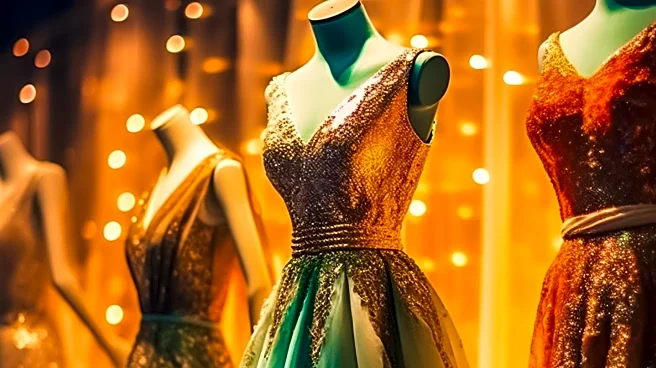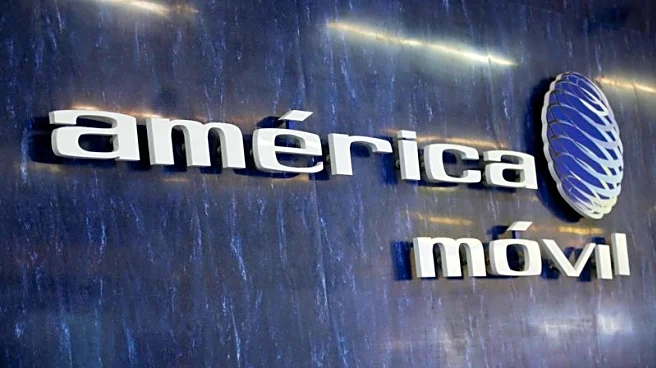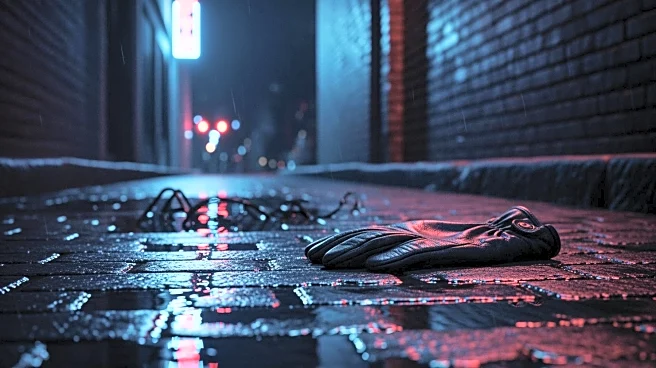What is the story about?
What's Happening?
Leah Thomas, known on social media as @greengirlleah, shared her experience of wearing a secondhand Vera Wang wedding dress to her senior prom, which she found in a thrift store. Her story has gained significant attention, amassing over 5.4 million views on Threads. Thomas expressed her gratitude for finding the designer dress at a fraction of its original price, which retailed for over $7,000. She urged individuals who can afford luxury clothing to donate them, enabling others who may not have the financial means to enjoy special occasions like prom. Thomas's experience has sparked a lifelong passion for thrifting, with most of her wardrobe now consisting of secondhand items.
Why It's Important?
Thomas's message highlights the accessibility and sustainability of thrifting, encouraging a shift in consumer behavior towards more environmentally friendly practices. By advocating for the donation of luxury items, Thomas is promoting inclusivity, allowing individuals from diverse economic backgrounds to experience the joy of wearing designer clothing. This approach not only supports sustainable fashion but also fosters a sense of community and generosity. The viral nature of her story underscores the growing interest in thrifting and its potential to democratize fashion, making high-end clothing accessible to a broader audience.
What's Next?
The growing popularity of thrifting, as evidenced by Thomas's viral post, may lead to increased donations of luxury clothing to thrift stores, enhancing their inventory and appeal. This trend could encourage more individuals to explore secondhand shopping, potentially influencing the fashion industry to adopt more sustainable practices. As awareness of the benefits of thrifting spreads, it may inspire initiatives aimed at supporting underprivileged individuals in accessing designer clothing for special occasions, further promoting inclusivity and sustainability in fashion.
Beyond the Headlines
Thomas's story touches on broader cultural shifts towards sustainability and ethical consumption. The emphasis on thrifting aligns with increasing consumer demand for environmentally responsible practices, challenging the fast fashion industry to reconsider its impact on the planet. Additionally, her advocacy for donating luxury items reflects a growing movement towards social responsibility, encouraging individuals to contribute positively to their communities. This narrative may inspire discussions on the ethical implications of fashion consumption and the importance of accessibility in the industry.















